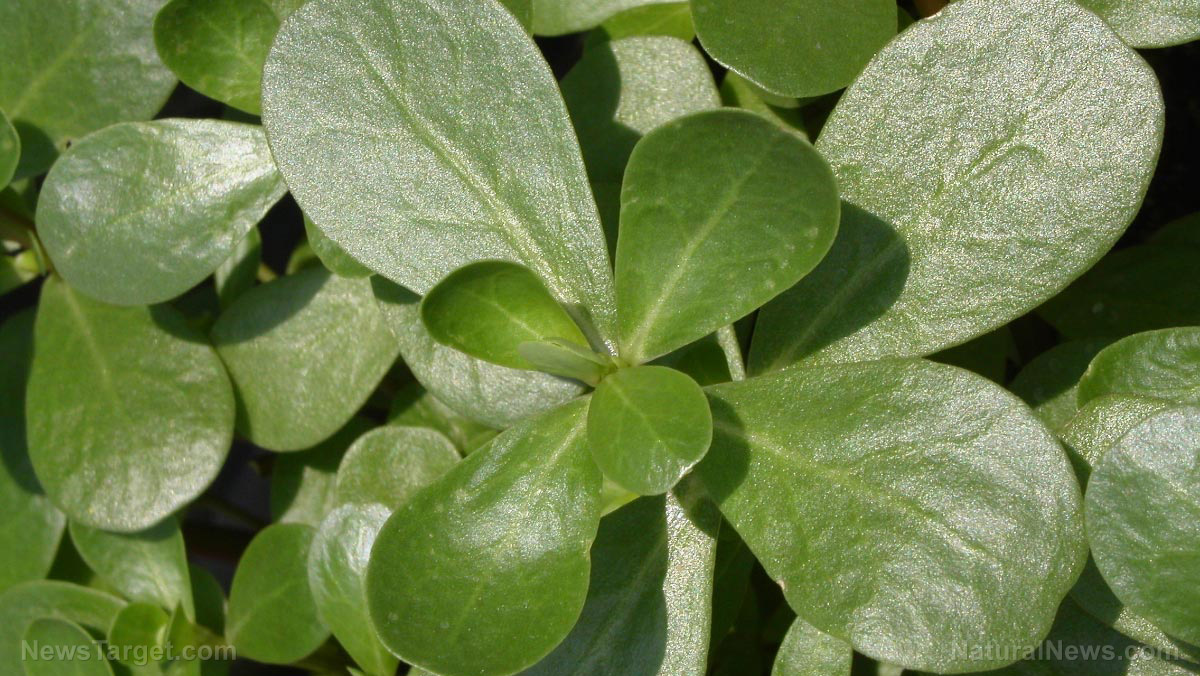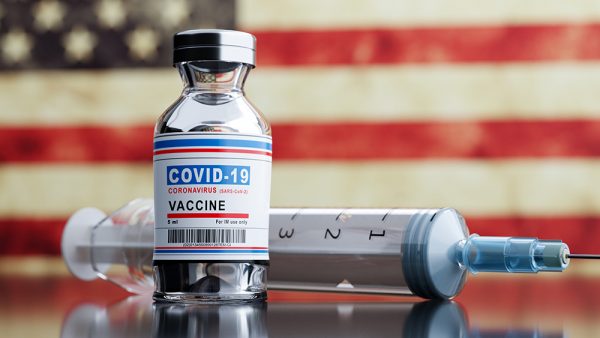 Parler
Parler Gab
Gab
"Acupuncture is an exotic therapy, elicits the patient's active participation, and involves a greater patient-provider interaction, compared with taking a pill. Importantly, the results of this trial show that even sham acupuncture -- which is effectively a placebo -- is more effective than medications. The placebo effect is often dismissed as noise, but these results suggest we should be taking a closer look at how we can best harness it."The researchers noted that acupuncture is more than a placebo and may work by boosting blood levels of endorphins and related painkilling, mood-elevating molecules. Hot flashes are brief episodes of flushing, sweating, racing heartbeat and sensations of heat. They can last for a minute or for an hour. Some women experience the flashes for a short time during menopause while others have them for the rest of their lives. Precisely how hot flashes arise isn't known, though they are closely associated with decreased estrogen levels. Many doctors believe that too many stress hormones exacerbate the flashes. 11 More Natural Ways To Cool Hot Flashes 1. Yoga. Studies show yoga may be effective in managing hot flashes and night sweats.[ii] 2. Meditation. Mindfulness based stress reduction practices were shown to reduce hot flashes by 22% after 20 weeks. [iii] 3. Peppermint oil. Putting a drop of peppermint essential oil on the back of your neck can quickly cool a hot flash. 4. Pomegranates. Many foods can help balance hormones. Pomegranates produce three types of estrogen – estrone, estriol, and estradiol and may help relieve hot flashes. 5. Avoid Trigger Foods. Caffeine, spicy foods and alcohol are all heat-producing substances that contribute to hot flashes. Instead, try cooling foods like melon, bean sprouts, celery, apples, asparagus and grapes. 6. Buy Organic. Most meat and dairy in your supermarket comes from animals treated with hormones that may compound an estrogen imbalance. Stick with hormone-free organic meat and dairy. 7. Eat More Flax Seeds. Many fruits and vegetables contain weak plant estrogens called phytoestrogens. They bind to estrogen receptors and have an estrogenic effect if your estrogen levels are too low. They also block stronger estrogens if your levels are too high. Common foods with phytoestrogens include blueberries, cherries, cranberries, carrots, bananas, beets, oranges, onions, peppers, oats, plums, olives and potatoes. Flax seeds have particularly strong phytoestrogens. One study showed eating 40 grams a day of flax seeds reduce hot flashes by 50% and severity by 57%. Flax seeds also beat HRT for menopause symptoms. 8. Black Cohosh. This relative of the buttercup is among the most popular natural remedies for hot flashes and the most studied. One meta-analysis proves black cohosh is effective for reducing hot flashes. 9. Red Clover. Red clover contains a type of phytoestrogen called isoflavones. Netherland researchers found that 80 mg of red clover a day reduced hot flashes by 44% in 30 menopausal women.[iv] 10. Evening Primrose Oil. A six week randomized trial found that 500 mg of evening primrose oil a day reduced hot flash frequency by 39%, hot flash severity by 42%, and hot flash duration by 19%.[v] 11. Drop Some Weight. Researchers at the University of California, San Francisco studied 338 women with an average age of 53 who were overweight or obese and half of whom reported bothersome hot flashes. They found that decreases in weight, body mass index (BMI) and abdominal circumference were each associated with improvement in self-reported hot flashes over a period of six months.[vi] Read more at: GreenMedInfo.com
Emergency preparedness: Foods to stockpile for any situation
By HRS Editors // Share
Powerful and proliferative: the formidable purslane
By News Editors // Share
How your body tells you that you’re on the verge of BURNOUT
By Olivia Cook // Share
With TV drug ads, what you see is not necessarily what you get
By News Editors // Share
Governments continue to obscure COVID-19 vaccine data amid rising concerns over excess deaths
By patricklewis // Share
Tech giant Microsoft backs EXTINCTION with its support of carbon capture programs
By ramontomeydw // Share
Germany to resume arms exports to Israel despite repeated ceasefire violations
By isabelle // Share










